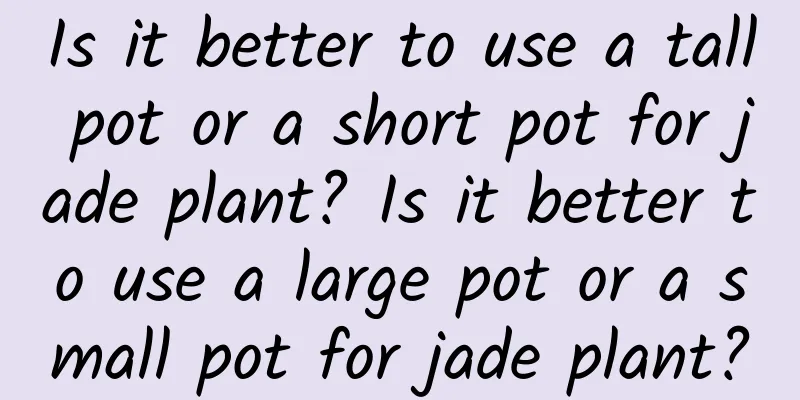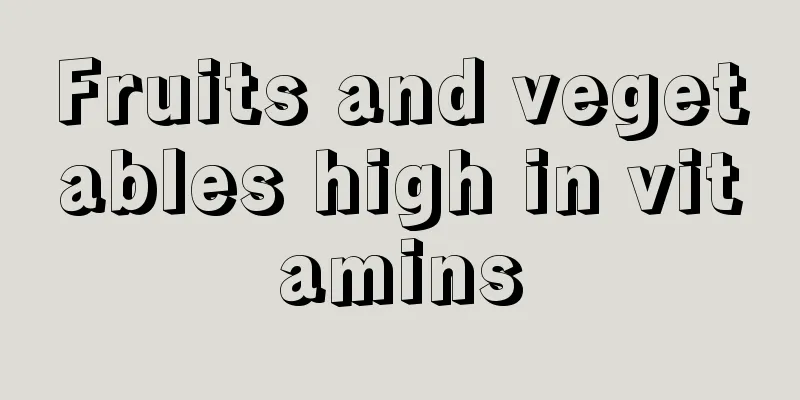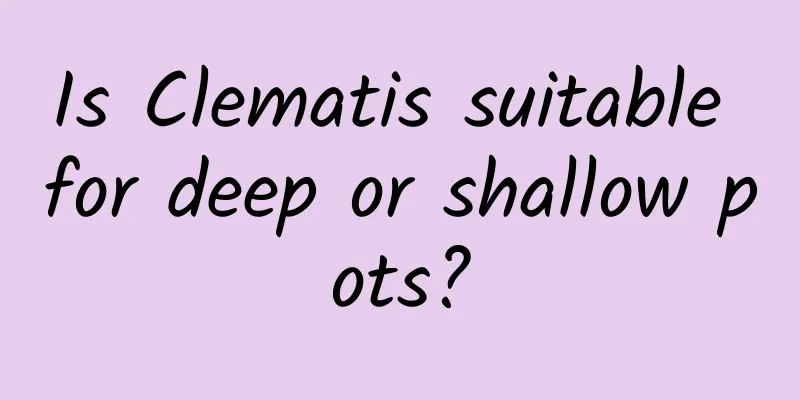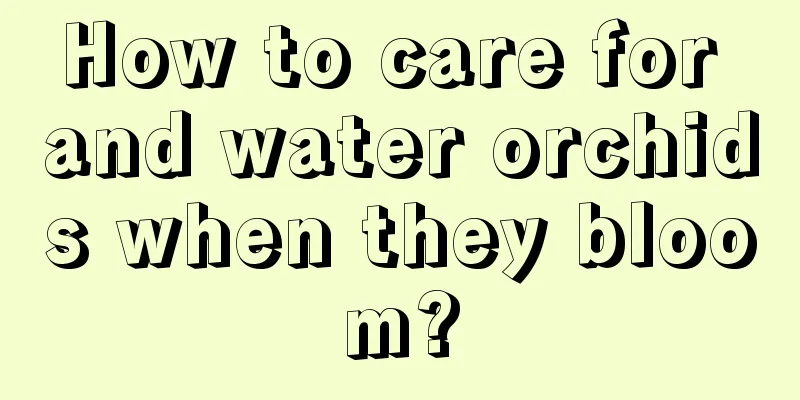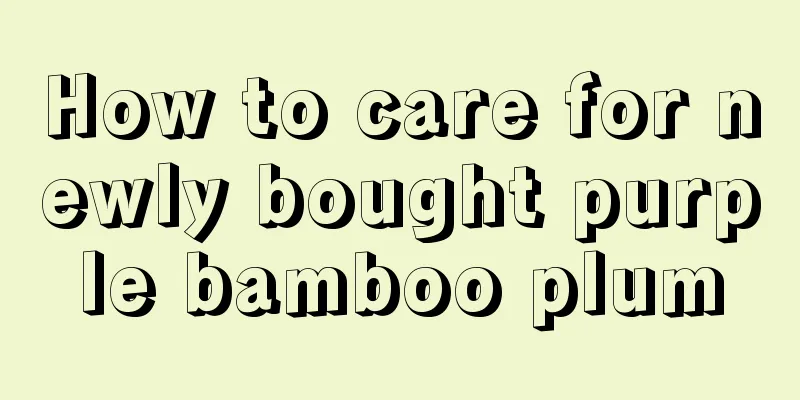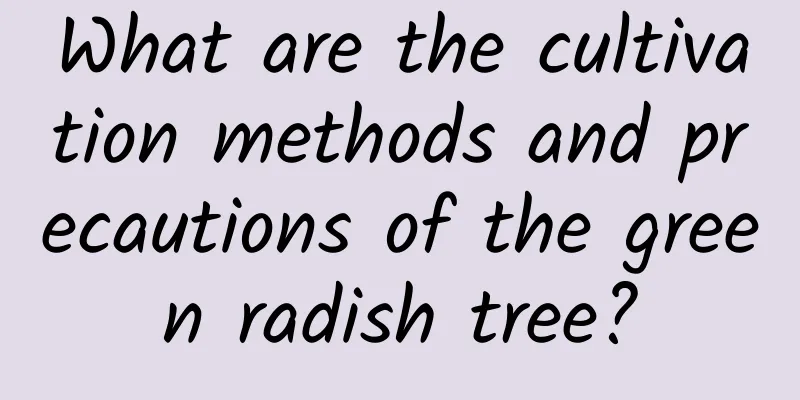The application value of blue flower dan

The ornamental value of blue flowerThe blue flower is native to South Africa. Because it blooms beautiful flowers in summer and autumn, it is elegant and unique, and extremely ornamental. It is a beautiful ornamental flowering plant, so it has now been widely introduced and cultivated in various countries. When the blue flower blooms, the color of the flowers is relatively light and rare. The flowers grow in clusters on the branches like hydrangeas, which look very stylish and eye-catching. The leaves are emerald green and the flowers are elegant, which can bring a hint of coolness to the hot summer. Blue flower dandelion can be planted in the open field or in potted plants to decorate rooms and balconies. The garden value of blue flowerThe blue dandelion has beautiful flowers and the branches of mature plants are hanging. It is more suitable to be planted in large flower pots as a combination potted plant. It can also be planted in the open field or used to embellish the lawn. The blue flower has light and elegant colors, and has great viewing effects. It is suitable for planting in garden clusters or flower beds, or for viewing in potted plants at home. Planting blue flowers in the field can beautify the environment. Blue flowers can also be used as flower hedges, or arranged with flowers of other colors to create patterns, which also has good gardening effects. Another point is that the blue flower plant grows vigorously, is heat-resistant, slightly shade-tolerant, has low requirements for soil, has few diseases and pests, is easy to manage, and has a long viewing period. With so many advantages, Blue Flower Dan is very suitable for flower lovers to grow, and it also indirectly enhances the garden value of Blue Flower Dan. Medicinal value of blue flowerThe blue flower plant is somewhat toxic, but it also has certain medicinal value. The roots and leaves of the blue flower dan contain the toxic ingredients blue snow glycoside and hydrogen blue snow glycoside. These toxins are toxic to the human body, but they can also be used as medicine to fight poison with poison. They have the effects of eliminating toxins and fighting cancer, reducing swelling and dispersing nodules, and removing blood stasis and relieving pain. In India, the roots of the blue flower are also used to treat warts. |
<<: The main value of Coreopsis grandiflora
>>: The efficacy and function of royal poinciana
Recommend
What are the breeding methods and precautions for Longtie?
Dragon Railway Introduction The dragon iron plant...
How long does it take for the osmanthus to adapt to the pot?
Time for the osmanthus to adapt to the pot After ...
Reproduction methods and precautions for osmanthus trees (how to propagate osmanthus by cuttings quickly and with high survival rate)
There are many ways to propagate osmanthus: graft...
How to propagate the lotus lantern
Preparation for cuttings of the lotus lantern Cut...
How many days does it take for peanuts to grow and be harvested? How long does it take for peanuts to be harvested?
The germination period is about 10 days from seed...
What should I pay attention to when repotting mint?
Mint is a common potted ornamental plant. In orde...
Cultivation methods and precautions of Yujiuhua
How to grow raindrops Light and temperature The r...
How to grow barbata
Maintenance of the blooming pot of Scutellaria ba...
Simple method of preparing soil for succulent flowers (how to prepare soil for succulent plants at home)
The general requirement for the soil for succulen...
How to treat red rice leaves
1. Reasons The redness of rice leaves is caused b...
Honeysuckle planting conditions and climate requirements
Introduction to Honeysuckle Honeysuckle is a plan...
How to prune the roots of lucky bamboo
1. Why do we need to prune the roots? By cutting ...
What are the cultivation methods and precautions of Qilixiang
Characteristics of Seven-Li Fragrant Osmanthus fr...
How many kilograms of pepper are generally produced per mu? How to grow peppers to achieve high yields?
Pepper yield per mu There are many varieties of p...
How to raise blue snowflakes in winter
1. Keep warm Winter is quite cold, so if you want...
